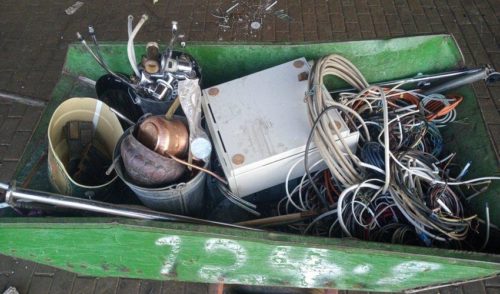Climate protection in transport needs a congruent roadmap
Against this background, the EU and national legal framework conditions will also be presented and discussed. Are these drivers or brakes on the existing options for utilising biofuels or future renewable fuels? Are synergies being developed in a targeted manner in the interests of climate protection or is climate protection in transport becoming the dogma of a funding policy that at the same time fails to realise the necessary capacity and grid expansion for renewable electricity? The concession to energy suppliers to reduce regional electricity volumes due to overloading by heat pumps and battery charging also shows the limits of physics here.
The affected economic groups, transport companies and vehicle owners find themselves in an increasingly complex regulated framework, with future CO2 pricing in particular being attributed a key function. In addition to the future EU-wide emissions trading scheme for transport (ETS 2), the requirements for alternative fuels infrastructure (AFIR) or fleet limits for cars and commercial vehicles will have a decisive influence on market access for alternative fuels and drive systems. The revised Renewable Energy Directive (RED III) comprehensively sets the requirements for the national regulations to be adapted in order to fulfil the new and more ambitious targets of the EU Effort Sharing Regulation by 2030. RED III gives member states the freedom to choose between an energy or greenhouse gas reduction quota. Germany is leading the way here. Experience to date shows that a greenhouse gas reduction quota successfully incentivises greenhouse gas-efficient fuels, i.e. a greater contribution to climate protection can be made with the same amount of biofuel. However, experience is not only positive, as the current suspicion of fraud regarding biodiesel imports from China confirms. The certification systems are clearly in need of improvement in terms of the requirement criteria and practical on-site inspections. The EU Commission, in particular, which is responsible for authorisation and testing, must "learn" this and has a responsibility here. In this turbulent market environment, the congress will also address international market perspectives and challenges for production and trade.
A unique feature of this specialist congress is the presentation and discussion of various existing and future fulfilment options, in addition to electrification. The congress offers experts from industry, science, associations and politics the ideal platform for intensive professional dialogue and networking.
More than 700 participants are once again expected to attend Europe’s largest specialist congress from 22 to 23 January 2024 at City Cube Berlin. 15 sessions with more than 60 high-calibre experts will provide the professional framework and certainly many good reasons to discuss the economic and political challenges as well as future opportunities for the further development and innovation of renewable fuels.
Further information and the congress programme can be found at
https://www.fuels-of-the-future.com/en
Registration at: https://www.fuels-of-the-future.com/registration24
The Union for the Promotion of Oil and Protein Plants e. V. (UFOP) represents the political interests of companies, associations and institutions involved in the production, processing and marketing of domestic oil and protein plants in national and international bodies. UFOP supports research to optimise agricultural production and for the development of new recycling opportunities in the food, non-food and feed sectors. UFOP public relations aim to promote the marketing of domestic oil and protein plant end products.
UFOP – Union zur Förderung von Oel- und Proteinpflanzen e.V.
Claire-Waldoff-Str. 7
10117 Berlin
Telefon: +49 (30) 2359799-40
Telefax: +49 (30) 2359799-99
http://www.ufop.de
UFOP e. V.
Telefon: +49 (30) 31904-215
Fax: +49 (30) 31904-485
E-Mail: d.bockey@ufop.de
![]()




